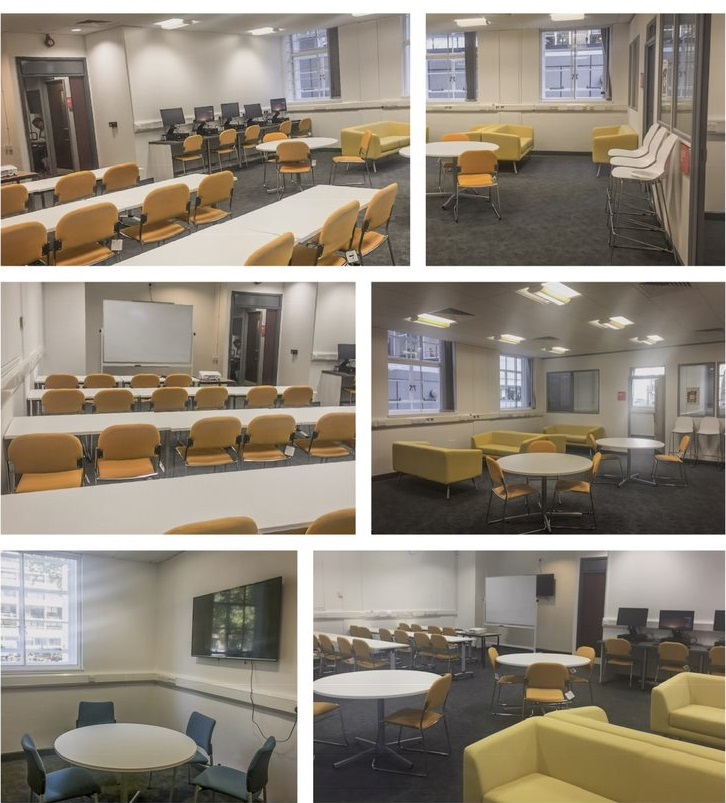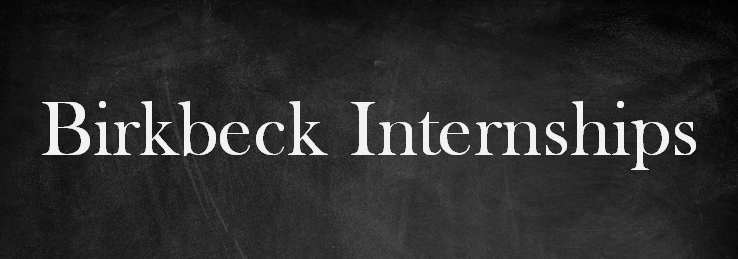Elena Shampanova
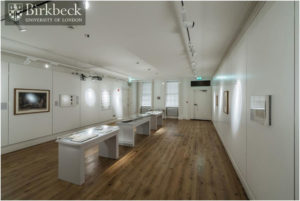
From September 2017 to July 2018 I embarked on an internship with Peltz Gallery at the School of Arts at Birkbeck. The position was advertised through the BGRS regular emails, and immediately caught my attention. Having worked and managed events in an arts gallery before, I have never worked in a gallery in an academic setting, and saw this as a chance to apply my existing skills to the new environment, and learn more about the way Peltz Gallery operates and public engagement events are run. I applied and was very excited to have been offered this internship together with two other PhD students.
At our induction meeting we were given an overview of the Peltz Gallery annual plan, and exhibitions coming up. We were invited to support the install and de-install of exhibitions as well as some of the events, however, the focus was very much on what we were interested in doing, and what we wanted to try our hand at.

During my interview for the internship we spoke about my experience of developing evaluation frameworks for arts projects, so when I started I suggested creating one for Peltz Gallery. The idea was welcomed by the team, and I went through a series of questions with them to shape the aims of evaluation. Based on that I developed a framework and tools for collecting data throughout the year, and now I am in the process of analysing it, and writing up the report. Throughout the year evaluation process received support from all the team as it was the first pilot year, and everyone is looking forward to seeing the results. I was pleased to see that my initiative was taken on board at all levels – by peer interns and the gallery team.
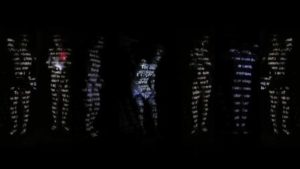
Overall, I feel that this internship is a unique way to gain hands-on experience of running a gallery in an academic setting – from shaping a yearly plan of exhibitions to learning all the technicalities of lighting and sound in the space, as well as organising and running public events. I learn best by doing, so this was just right for me, and will be beneficial for my future work in academia as it gave me a lot of ideas on how my research can be presented to public in an engaging way. Being part of an interdisciplinary team and working alongside my peers, who are coming from different research backgrounds enriched our dialogues and boosted ideas – it is amazing, how you can approach a similar subject from a range of angles and disciplines. So if you are considering taking on an internship, go ahead, you will learn so much, meet new people, and will most likely see your own research in a new light.
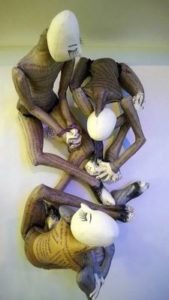
I would like to thank everyone, who I worked with, for their professionalism, guidance, knowledge and ideas sharing, support and encouragement.
Elena Shampanova, Research Student.
